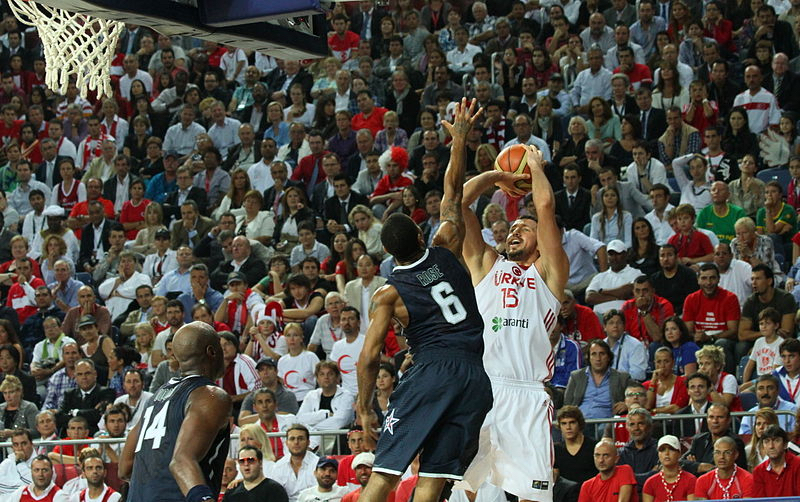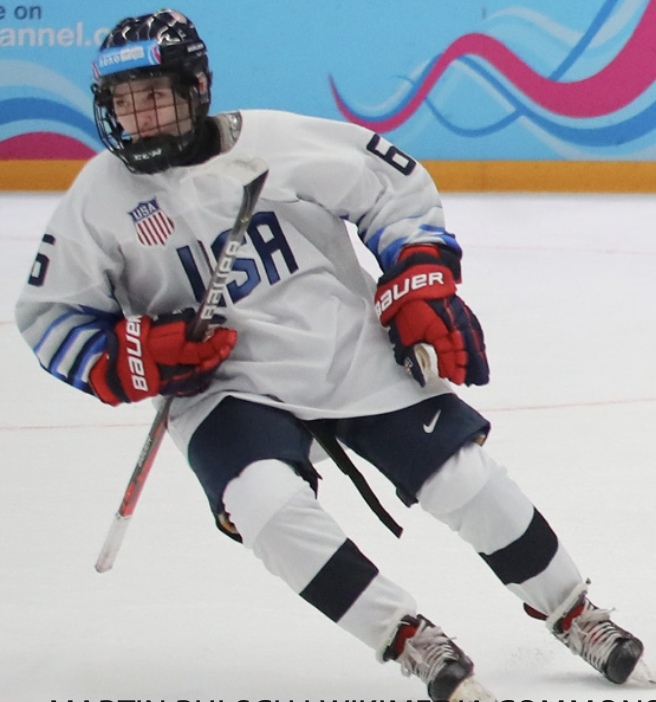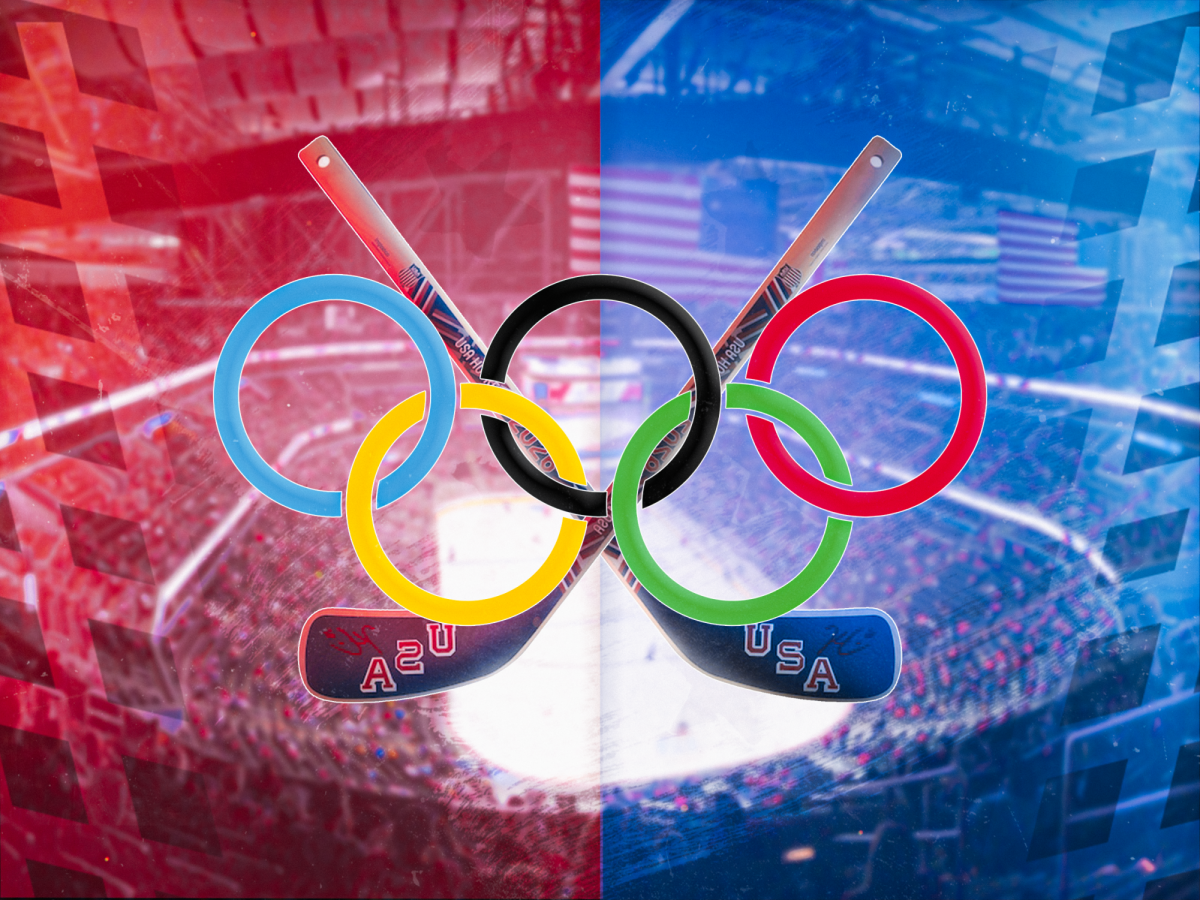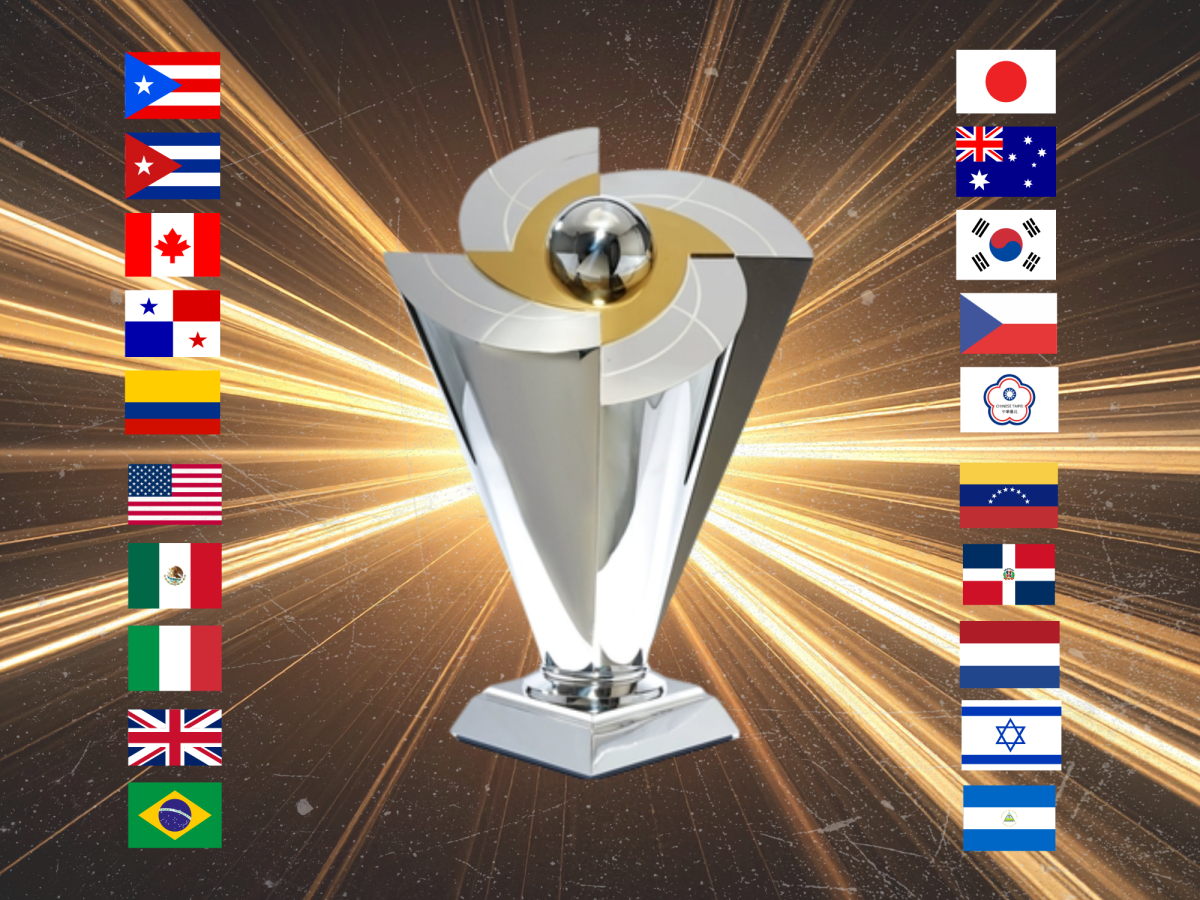When one hears the title “Team USA Basketball,” exceptionalism comes to the forefront almost immediately, especially images of the “Dream Team” absolutely dominating the world in the 1992 and 1996 Summer Olympics.
Michael Jordan, Larry Bird, Magic Johnson, Patrick Ewing and many more legends of the game took the court at the same time wearing the jersey of their country.
Later, the “Redeem Team” of 2008, played with a mission after being denied their shot at the gold medal in the previous 2004 Olympics in Athens, with LeBron James, Chris Bosh, Dwyane Wade and Carmelo Anthony trouncing all who stood in their path to gold.
These two teams, as well as most of the teams with “Team USA” on their chest, both had star power, lots of it to be exact.
This year at the 2019 FIBA World Cup, there was a conspicuous lack of star talent on the USA roster, and it cost them.
Only finishing seventh is a shocking statement for a team that is so used to winning, almost too used to it. Therefore, as Spain receives gold medals for their domination of Argentina, it could mean that the world has officially caught up to Team USA.
The future of many “American” sports, especially basketball, lies globally. Basketball has now become an international game, and the way that talent develops abroad is different than in the United States. Players are exposed to professional basketball at an early age. For example, Slovenian wunderkind Luka Doncic joined the basketball academy at Real Madrid at 13, making his pro debut at 16. The “Greek Freak,” Giannis Antetokounmpo, debuted professionally at 17.
At these ages, American players are simply not exposed to that level of professional basketball. There was star power all over these World Cup rosters.
France, the team that beat the United States in the quarterfinals, were led by the reigning NBA Defensive Player of the Year and double-double machine Rudy Gobert, as well as former first-round pick Frank Ntilikina. Evan Fournier and Nicolas Batum also provided Team France with shooting on the wings.
Serbia, who also defeated the United States, were led by “The Joker,” Nikola Jokic, man-mountain Boban Marjanovic and the leading scorer of the tournament, Bogdan Bogdanovic. Every single team in the National Basketball Association has at least one international player on their roster, and the total number exceeds 100.
Some of the biggest stars in the game are international. Joel Embiid, Ben Simmons, Antetokounmpo, Marc Gasol and Kristaps Porzingis all take headlines in America. However, the vast majority of NBA stars are American-born and bred, and not on the Team USA roster.
This World Cup roster was weak. The number of career All-Star appearances present on the roster was the lowest since 1998, when NBA players did not participate. They only had two reigning All-Stars in Kemba Walker and Khris Middleton, and Walker is the only player to be named to an All-NBA team.
The roster was comprised of role players on average NBA teams such as the Nets and the Celtics. Although it is a significant achievement to play for Team USA, players such as the defending Three-Point Contest winner Joe Harris, flop-master extraordinaire Marcus Smart and bench player Mason Plumlee have absolutely no business putting on the jersey of the Red, White, and Blue in a competitive tournament.
Walker led the team with 14 points per game, and their top big man, Myles Turner, only averaged seven rebounds. Paltry numbers aside, the most damning statement that could be made about this team is that they never looked like they were going to win the World Cup.
For a country that wins international tournaments before stepping on the court with an aura of invincibility, this tournament was an exhibition in how the mighty can fall. If there is anything that the roster highlighted, it is that playing international basketball is a choice, and many NBA stars chose to rest.
James Harden, Anthony Davis, Damian Lillard, LeBron James and Stephen Curry decided to withdraw from the World Cup to focus on resting for the upcoming NBA season.
In addition, they all have contracts that have an average annual value of over $20 million. All these players are the figureheads of their respective franchises, the scoring load falling heavily on their shoulders.
Over an 82-game regular season and a postseason in which the pressure to score and lead their teams is increased exponentially, the need for rest becomes clear. International breaks limit the time that players could rest. In addition, the NBA pays more than Team USA to play.
The bottom line is that there is a greater financial and physical benefit to resting for the NBA season, not playing in an international tournament.
Team USA should not be worried, as this year, the world caught up and superseded the worst Team USA in recent memory.
If Team USA had two or three of the superstar talents that withdrew from the roster due to rest, then American basketball fans would be singing the praises of the nation’s hardwood exceptionalism.
The reality of the situation is that Team USA needs to incentivize playing for the national team, otherwise the Stars and Stripes will lose their basketball aura.








